There are few things I want to do less than give this tribute to my father. The unflinching approach to reality he imparted had left me noticing his aging, and I was preparing to adapt, over time…. But my father never gave someone a challenge he thought them incapable of meeting.
All the wonderful things being shared about my father obviously come as no surprise to me, and I had so hoped to spend the next few years, hearing those things with him, but knowing how uncomfortable it would have made him to hear so much praise, as his own ability to act diminished, I have to appreciate that, as hard as this is on the rest of us, it was an ending with which he would have been satisfied.
I had hoped to spend the next years supporting him, as he always has supported me- my father has been at anything I asked him to be at, and volunteered for things I didn’t intend to subject him to… And The outpouring of remembrances from my friends, has reminded me, of how important it was to him, to know the people important to me. I was touched by the photos my parents saved, not only of me, but of Niki, Jeremy, Erica, Jason, Abe, and so many others. Many of my students and colleagues had stories, as they’ve driven out to Cal Poly Pomona for multiple events, marched with my students for a sustainable future, and for the rights of immigrants, and were happy to attend CPP sponsored Dodger games. Despite his years of public speaking at high-stakes events, family members have reminded me of how the event for which he showed some concern for his performance, was when called upon to officiate my wedding. He saw that a high stakes event. I think Navid would have stayed even with a minor error…. And the depth of his loss, is a testament to my father’s ability to welcome people into his family- completely. When you’re in, you’re in… That’s the for better or worse. And with my father, it was almost all better.
My father didn’t know how to be unproductive, and he will have posthumous work published (not a hint to his co-authors, or a comment on the reviewers- #2 I’m looking at you…), but the idea of slowing down, of doing less, of relaxing, was not at all appealing to him. Nor had it ever been.
Even now as he prepared to “retire” for the fourth time(?), he was finally finding the time to research our family history, finding a master’s thesis on one relative, connecting with ethnomusicologists while researching a family melody… he was organizing photos and records, and of course, gardening.
I’m not sure I ever remember my father reading a novel, though the books he gave me to read, were always meaningful. A Tree Grows in Brooklyn, The Yearling, Black Boy…. Ya know light childhood reading. He never binged anything on Netflix. But he wasn’t quite as out of touch with popular culture as we used to joke. I remember him telling me these films will change how movies are made, when he took me to 2001, and Star Wars.
To vacation with my father was not per se relaxing, but it was always educational. Weren’t there museums to see, history to be learned, culture to be appreciated? I can’t imagine a trip to a beach resort without a sustainability tour. And I have been to an embarrassing number of train museums. From the family albums, apparently my mother married him despite the train museums.
My father had a quintessentially east coast Jewish sense of humor. Political, ironic, dark, but never mean. He had a good chuckle when he learned the Jewish space laser conspiracy centered on high-speed rail, and we certainly have exchanged our share of dark political humor over the years. But he also would go long game on humor, in a way I don’t think most knew…. When my brother was roughly 8- around 1982 (fine I checked the year online), he saw the old chalice comedy skit redone by HBO as a short, and thought it was hysterical, so in typical 8-year-old fashion (and I have an eight-year-old with my brother’s smile), he made a few too many jokes about the chalice, begging my father to re-enact the skit for him. My father, good-naturedly threatened to do that as the toast at my brother’s wedding, if he didn’t stop…. Over the years, once in a while he would bring that up… Fast forward to 2004- Steve and Shirley’s wedding. My father gets up to give a toast, and he opens with the exact same, largely innocuous lines of the skit…. The look on my brother’s face was priceless. Of course, my father proceeded with a lovely toast, And I know only four people there got the joke… but it was epic.
My father did love baseball. Growing up in New York in the 40s and 50s, he and his Uncle Harold’s favorite escape was in the rooting for the underdog Brooklyn Dodgers. And many of you who may have attended games could have mistaken him for teetotal, as he almost never enjoyed a beer at a game. Why? Because once, during a restroom break- he missed a triple play. Fortunately, he stayed in his seat in 1988 for Gibson’s home run, and As a Brooklyn Dodger fan, he saw most of the greats play live, including Jackie Robinson. He also took me to some pretty amazing baseball games, and thanks to his busy travel schedule, I was frequently the lucky recipient of tickets, even when he couldn’t attend. My first Dodger Game went into extra innings, and the Dodgers won on a hit by Steve Garvey. Since we never leave early, we were at the game where the Dodgers hit four home runs in the ninth, though we also suffered through a game where they blew a 13 run lead…. I was at Orel Herscheiser’s first start as a Dodger at Shea with the somewhat traitorous but still beloved Uncle Harold who had defected to Mets fandom…. We’ve seen more than one win by pitchers like Valenzuela, and Kershaw… And I got 18 innings of world series baseball- in one game. No, I did not leave early. And I rode my bike.
Despite his impressive personal achievements, he told me, more than once, that the real influence he had and what he was most proud of, -were the people he had the privilege of working with, educating and developing. He told me, “Not very many people read academic papers, but the influence we have, is in not only the scholars we train, but the many students who don’t become scholars, but go into the world, carrying what we teach them, the messages, values, ideas, and ways of thinking that we impart.” He saw himself fundamentally as an educator, and that approach, allowed him to remain true to himself, his ideals, and his values. Because what he valued most -were people. And being an educator wasn’t a one-way street. He valued what students brought and he integrated it into his thinking and as a result he never stopped growing- challenging his own thinking. That this was the real value of being an educator, the opportunity to expand people’s minds, and in turn, have your own expanded. Recently I had the wonderful privilege of two of my own former students returning to guest lecture for our annual professor for a day campus event. I had them speak about research, about data. And they blew me away. They had this deeply compassionate, humane view of policy, of research, of data. I was shocked at how much of my father’s voice was in their words. When they ended with, and this is what you taught us Dr. Wachs…. It wanted to tell them it wasn’t really me. I was just passing on what I had lived.
One of my friends jokes that when you bring sociology (and my father was undecided between sociology and civil planning) to other disciplines, everyone thinks your brilliant, but one is just asking for people-centered, critically evaluated, long-term planning. And that was effectively the mantra of my life. My father imparted that fundamentally research is about people, and people’s lives. My father lived his life never forgetting that every equation, every budgetary decision, every funding priority, wasn’t a number on the page, it was people’s lives. And those lives were precious, valuable, worthy things. For my father, every person mattered and should be treated with dignity and respect.
And seeing the many wonderful students he taught, and the people they have become, and who my brother is, and who we chose to marry (Shirley and Navid), and who Leia and Ziya are, he will never be gone, and the world is better because he was in it.
I think the many tributes and accolades that continue to pour in would have overwhelmed my father. He was a practical person at his core. But that’s not his legacy. The legacy he leaves is a cadre of people committed to social justice and equity, and human-centered policy. And I am confident that the scholars, practitioners, and activists, he mentored can and will achieve this. And that will be his legacy.
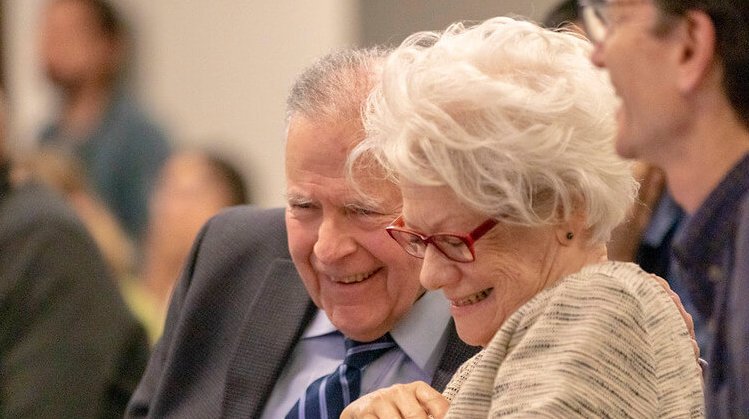
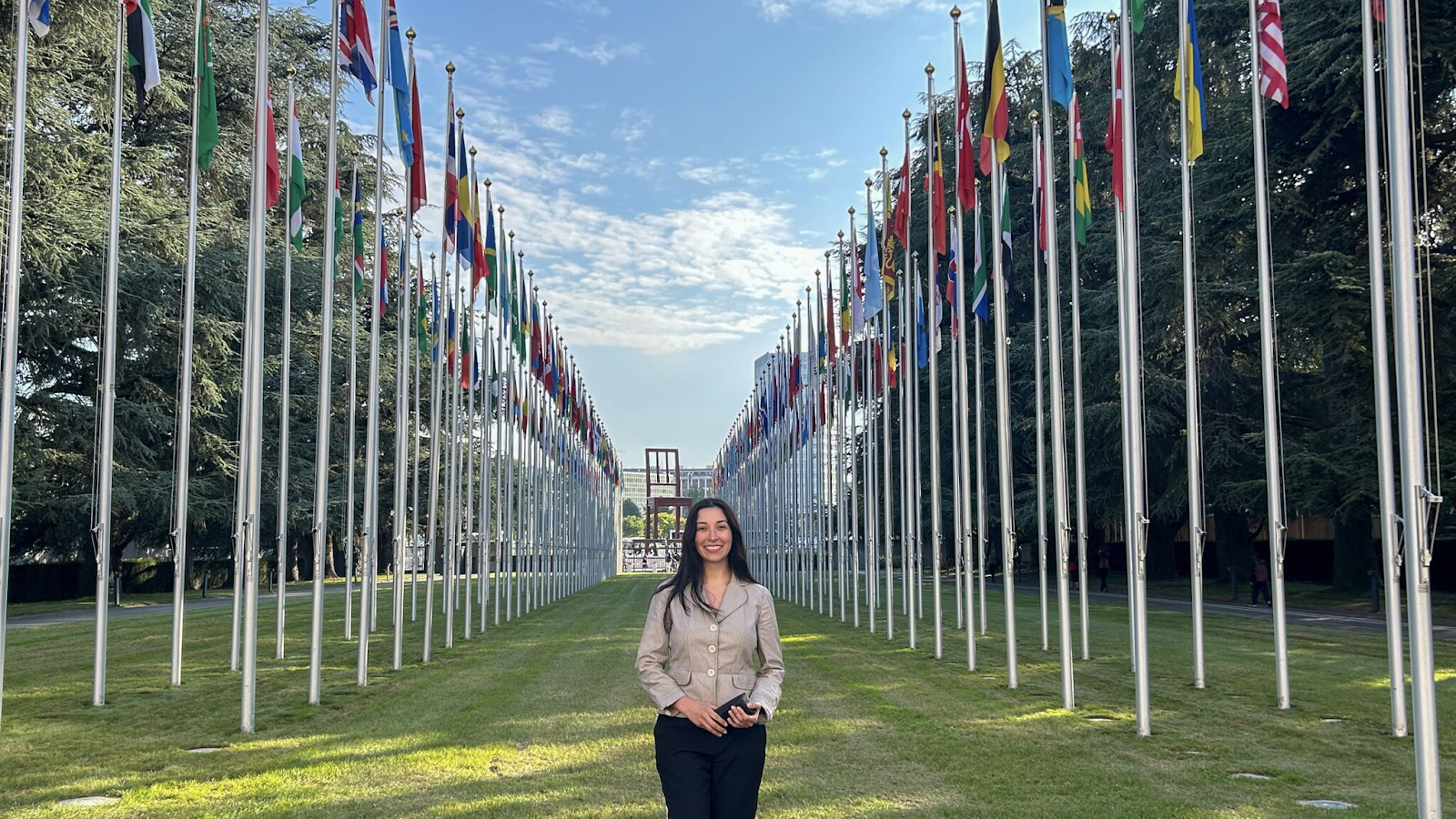
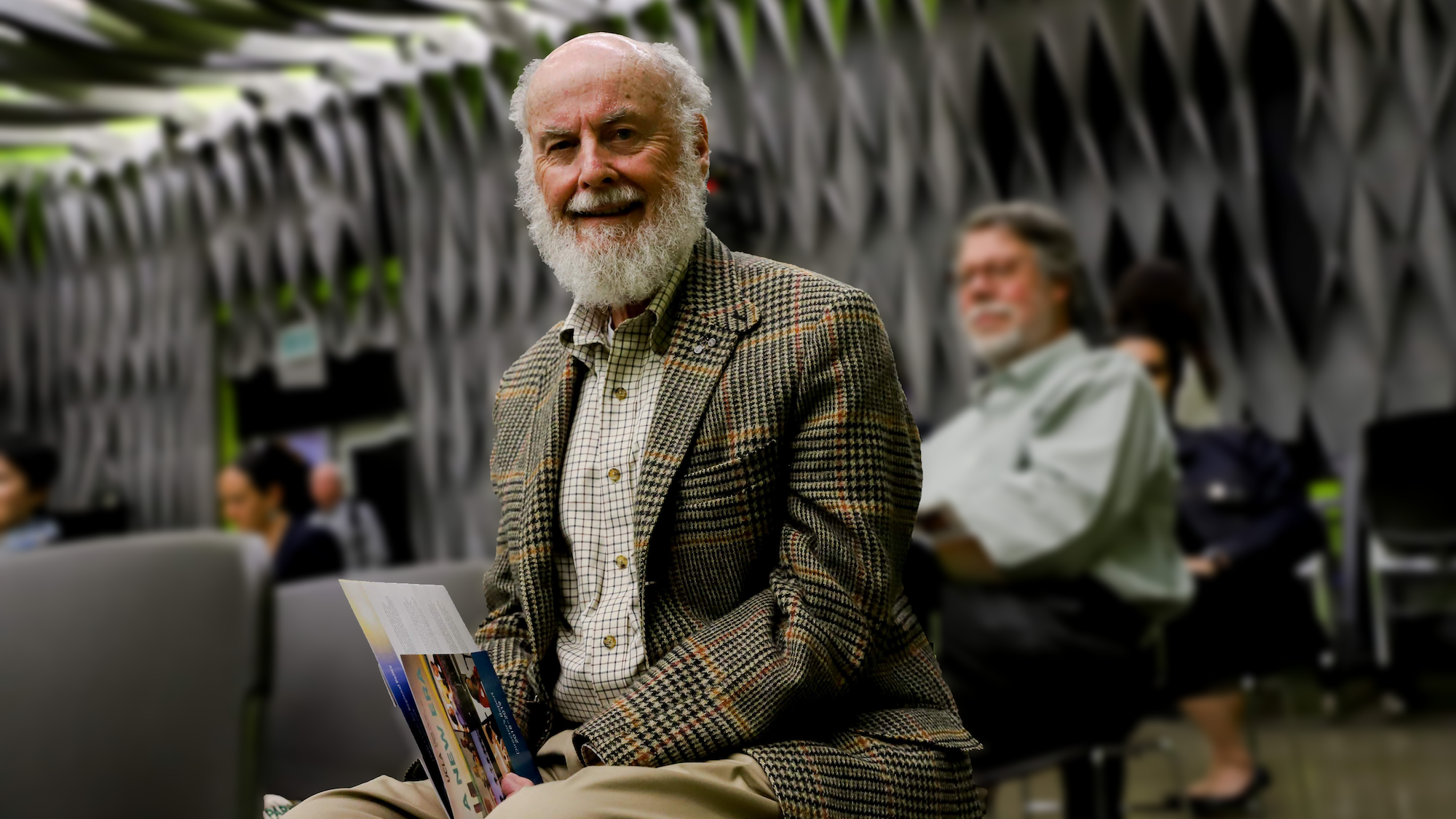



















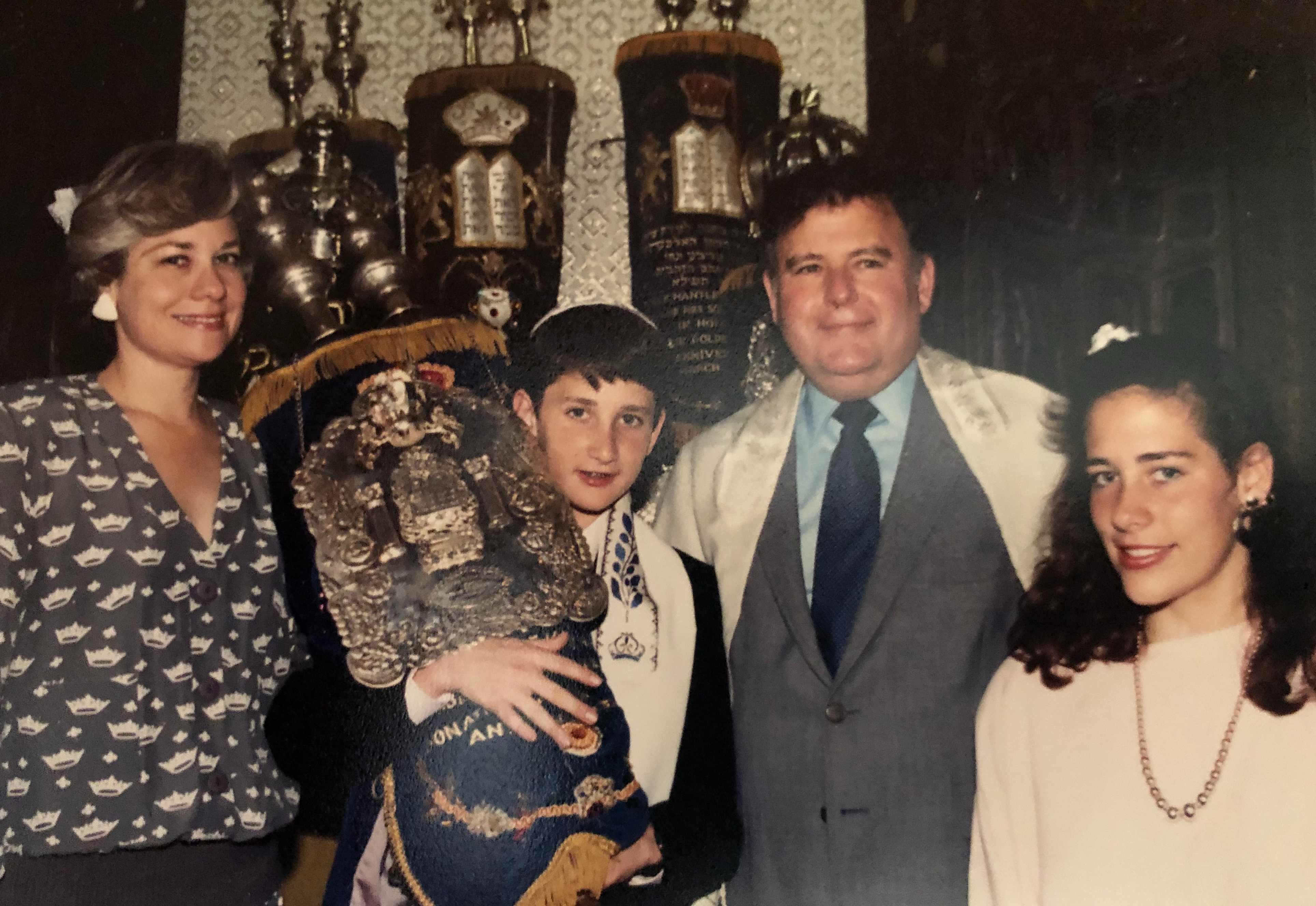





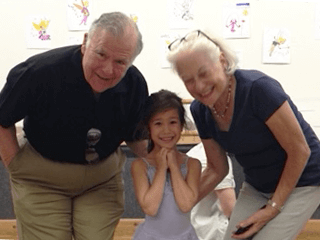
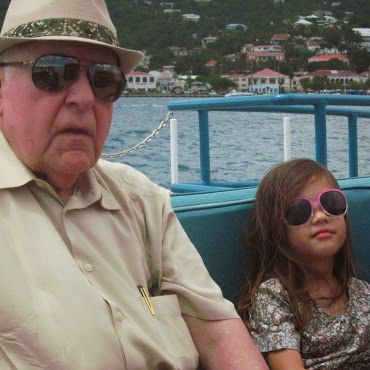
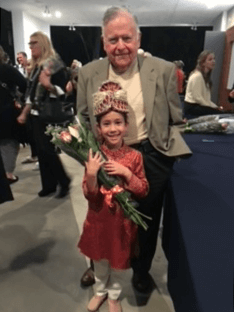
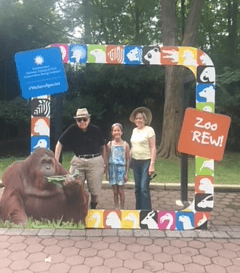

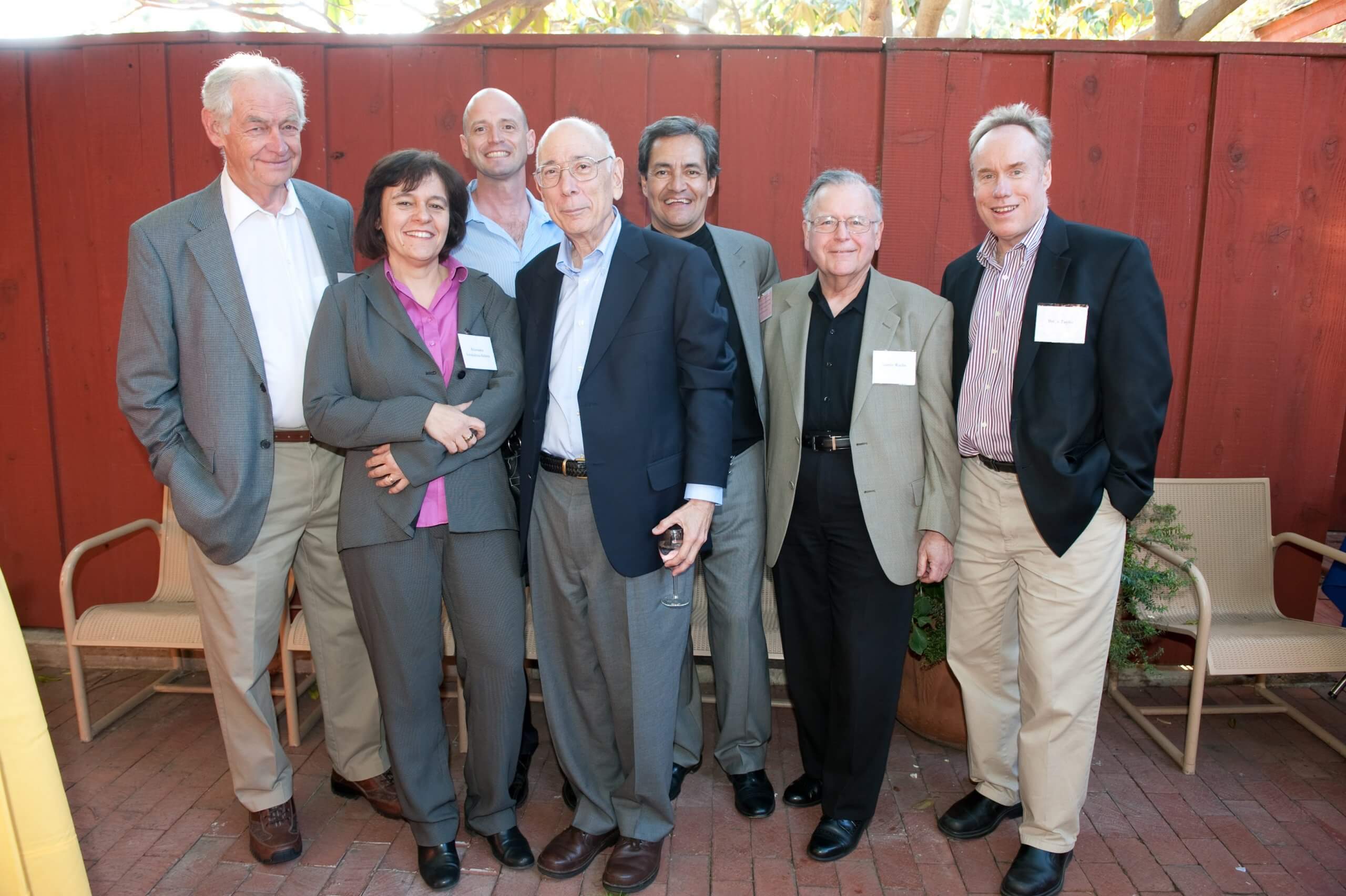
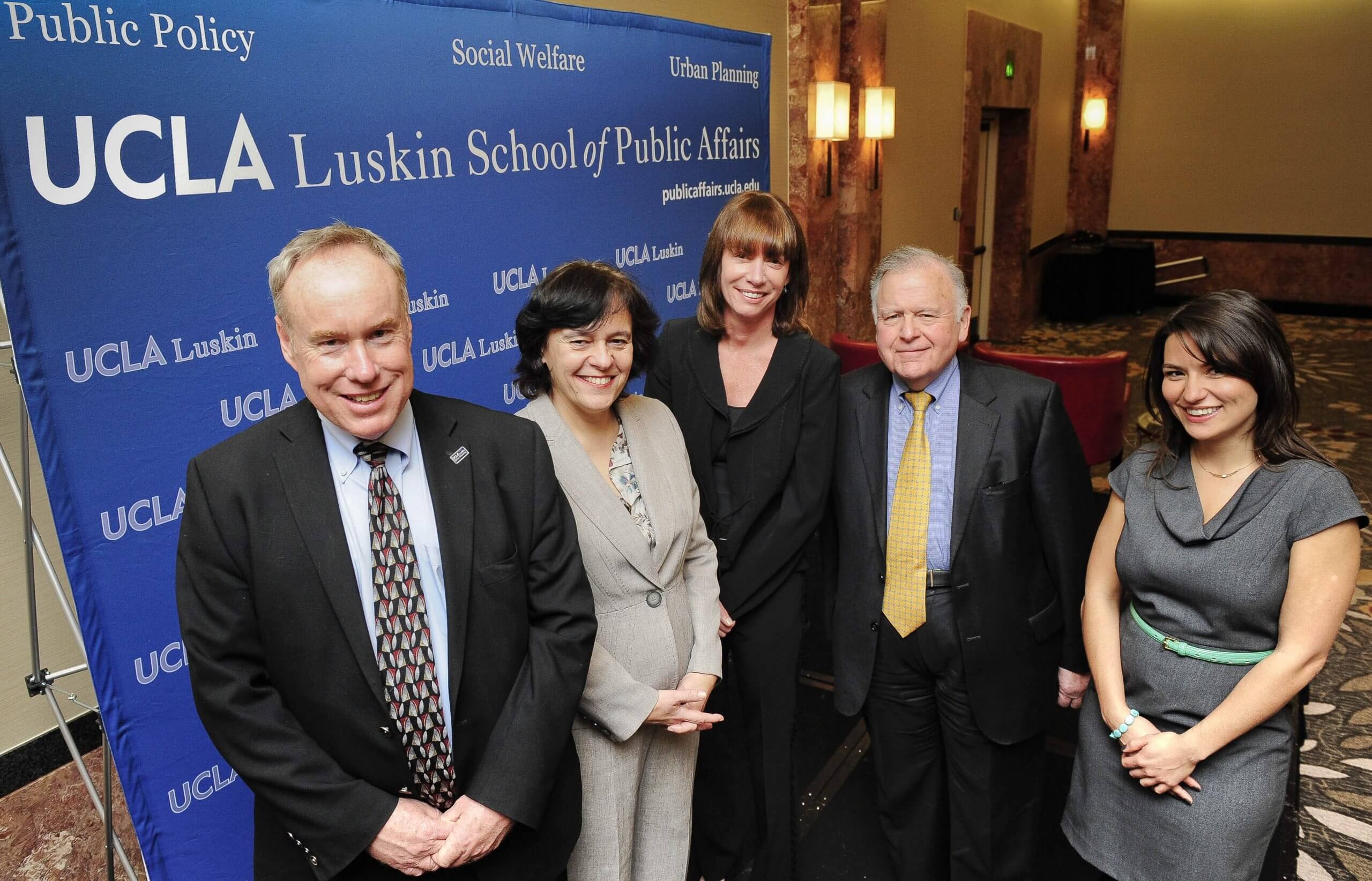

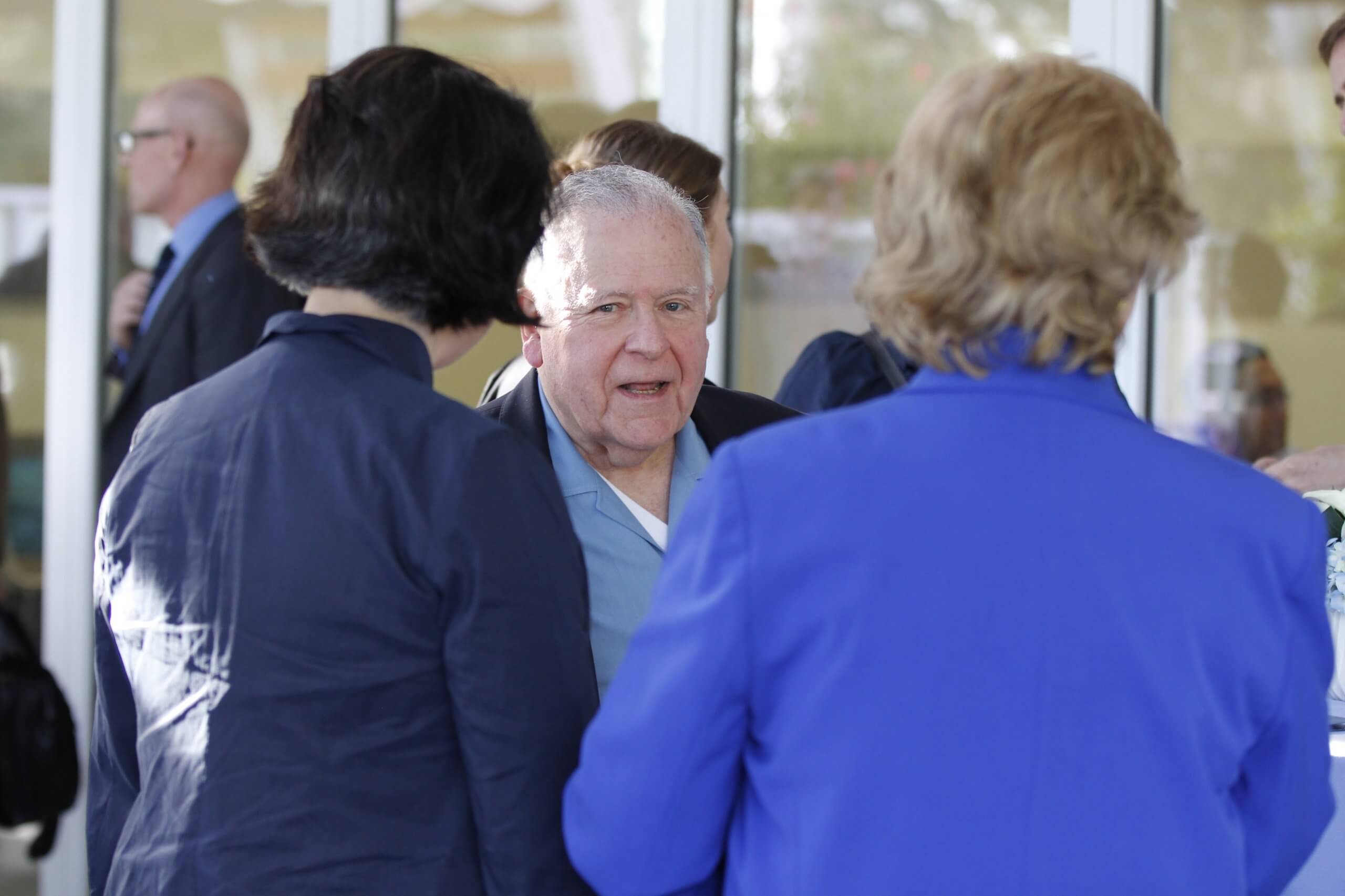
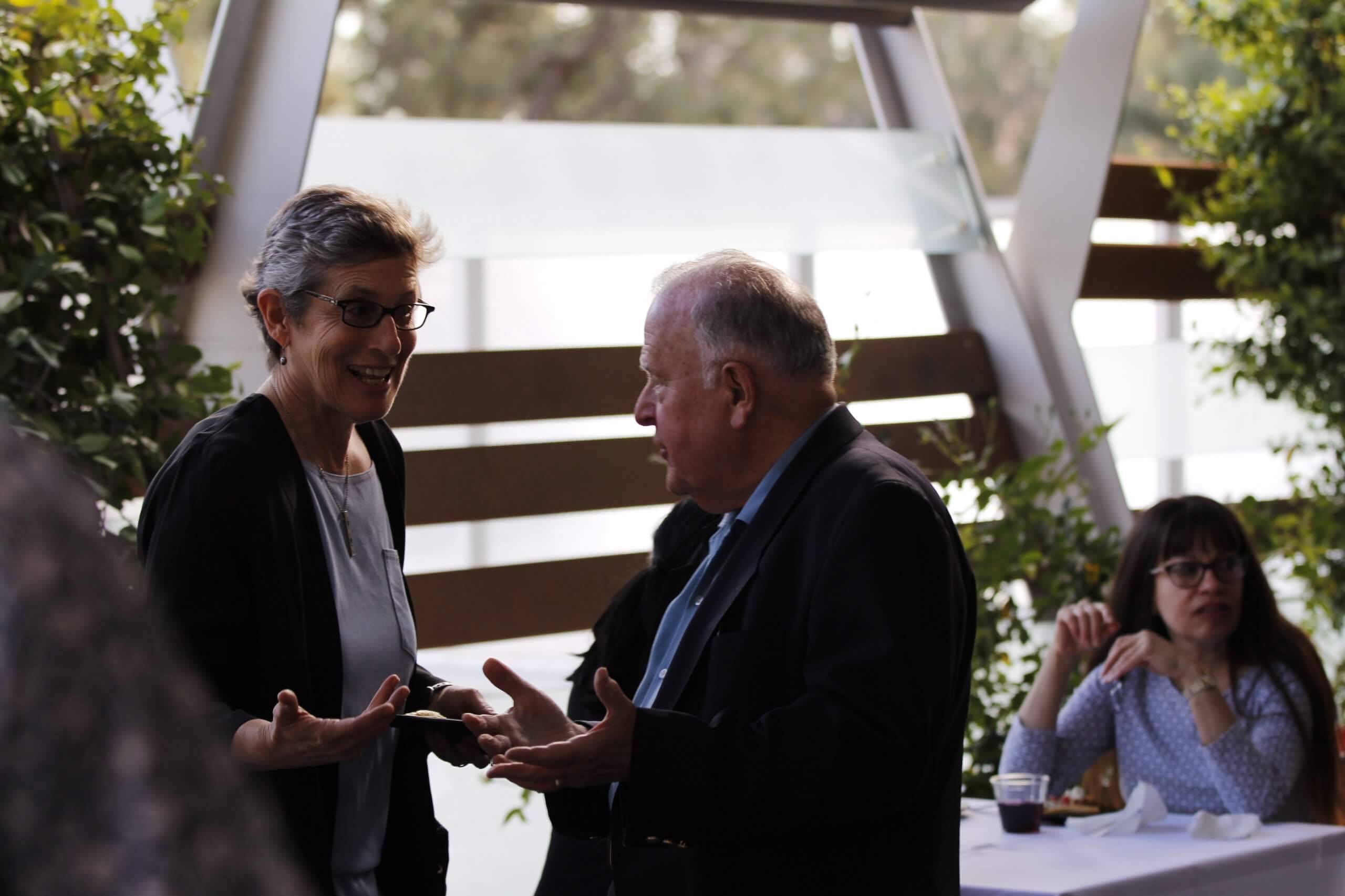
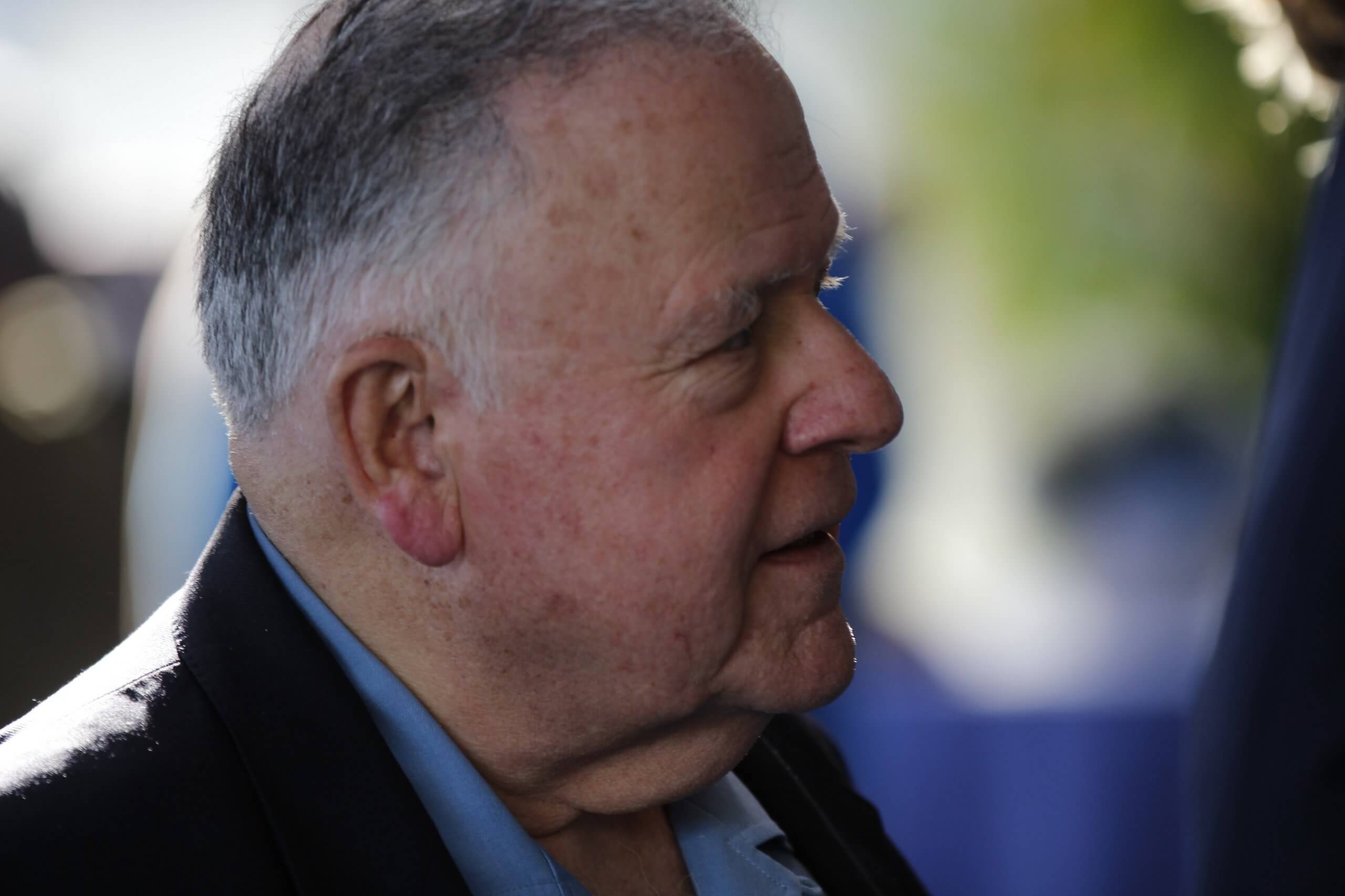
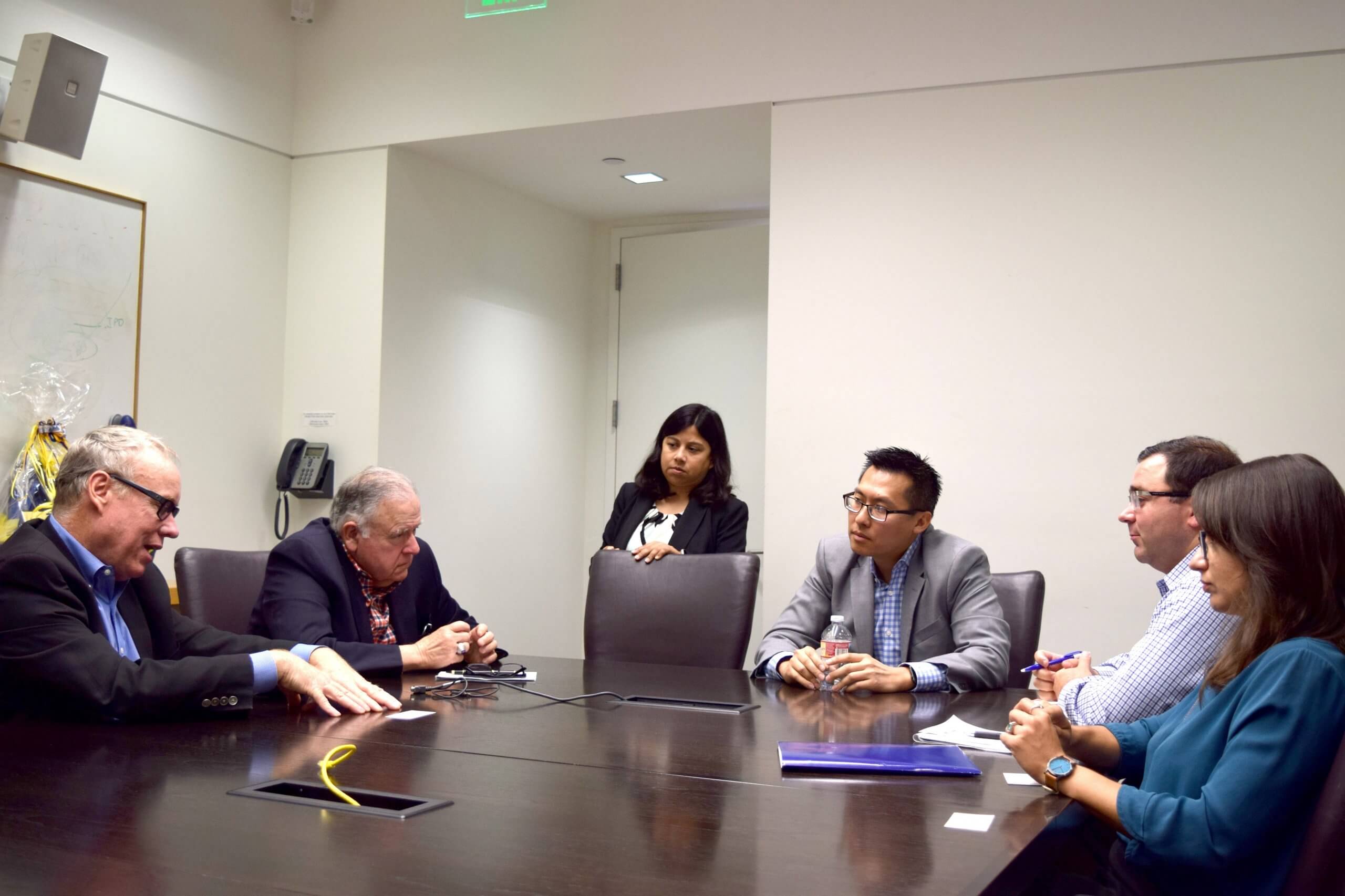
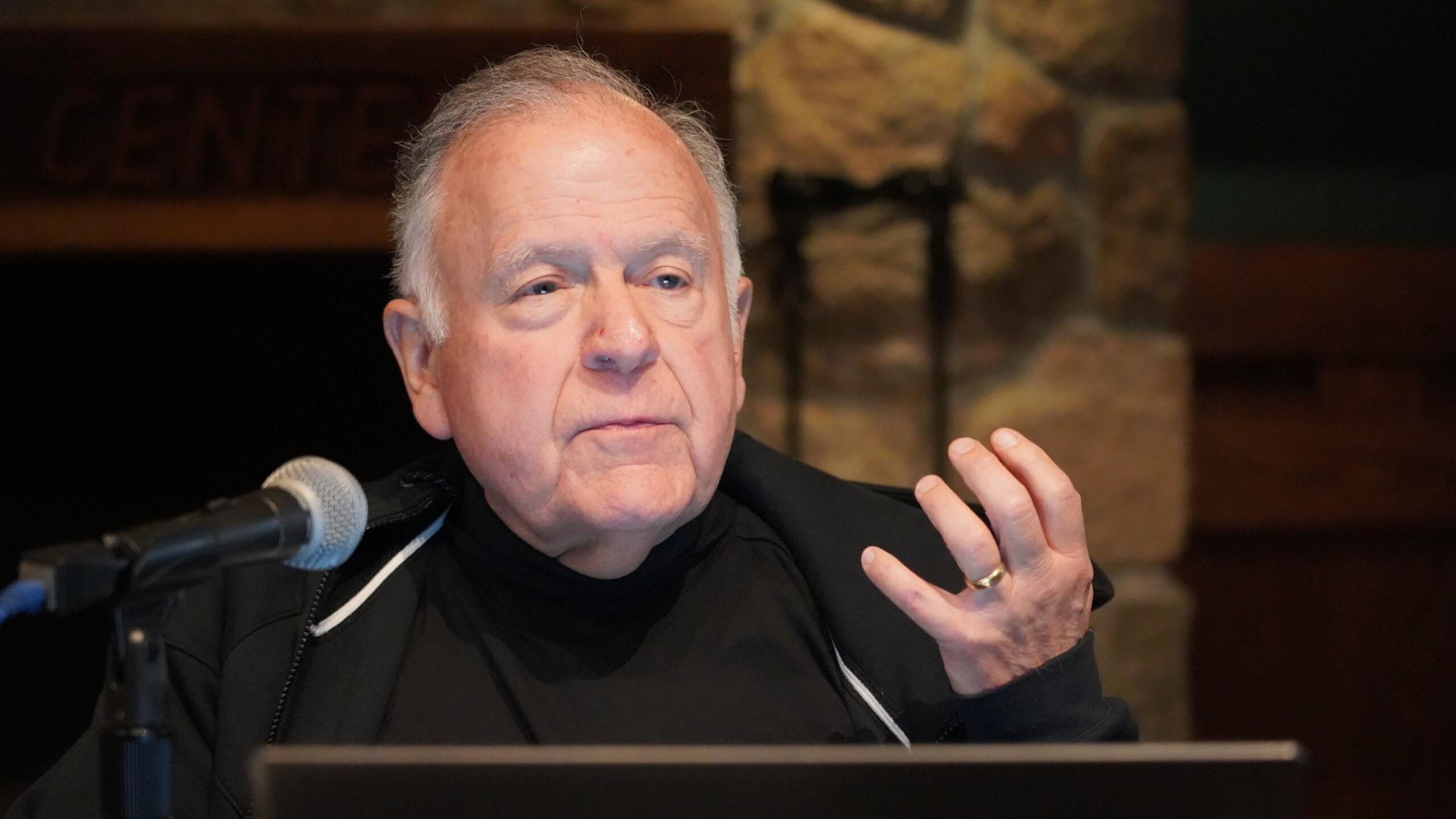
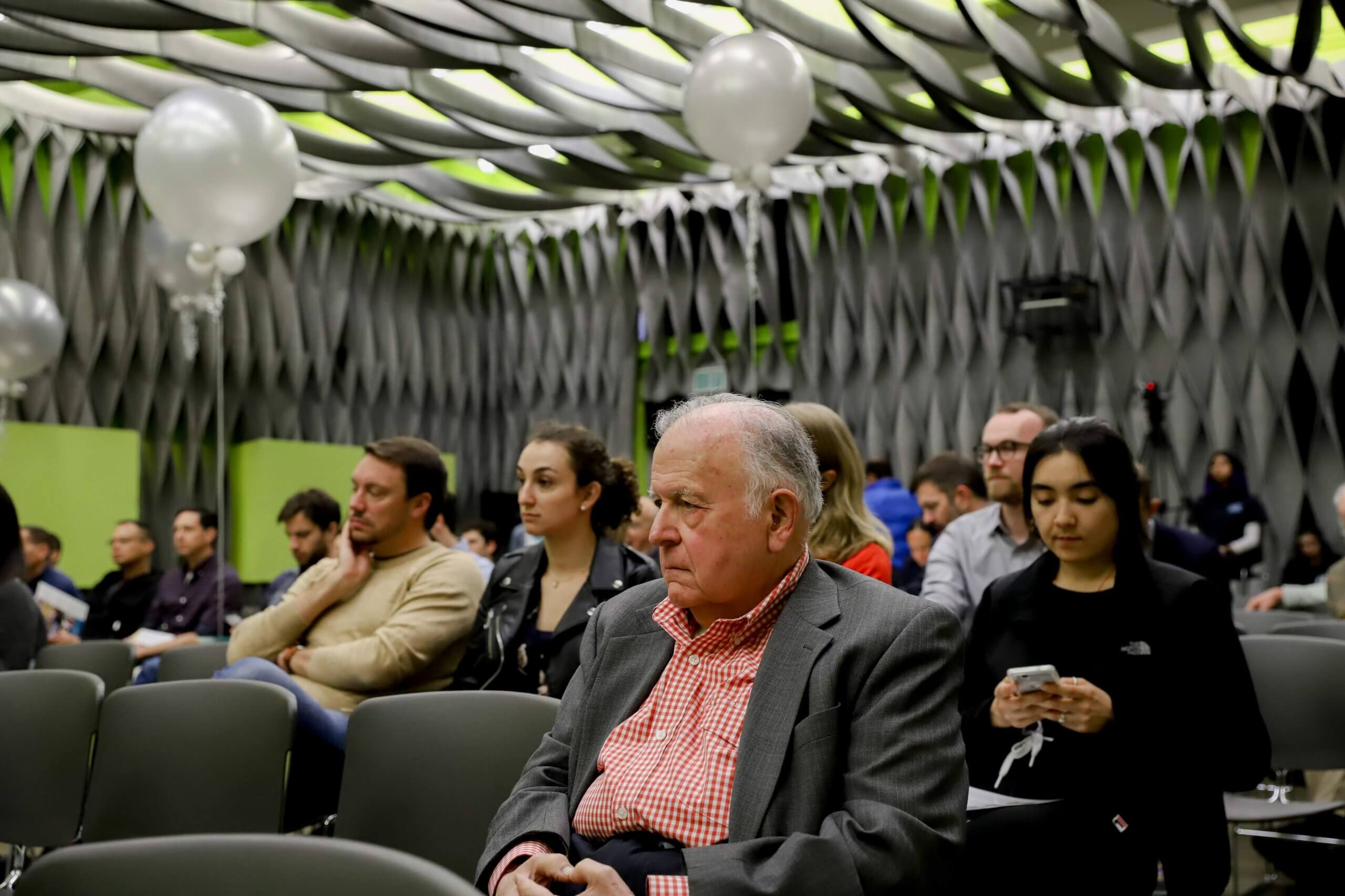
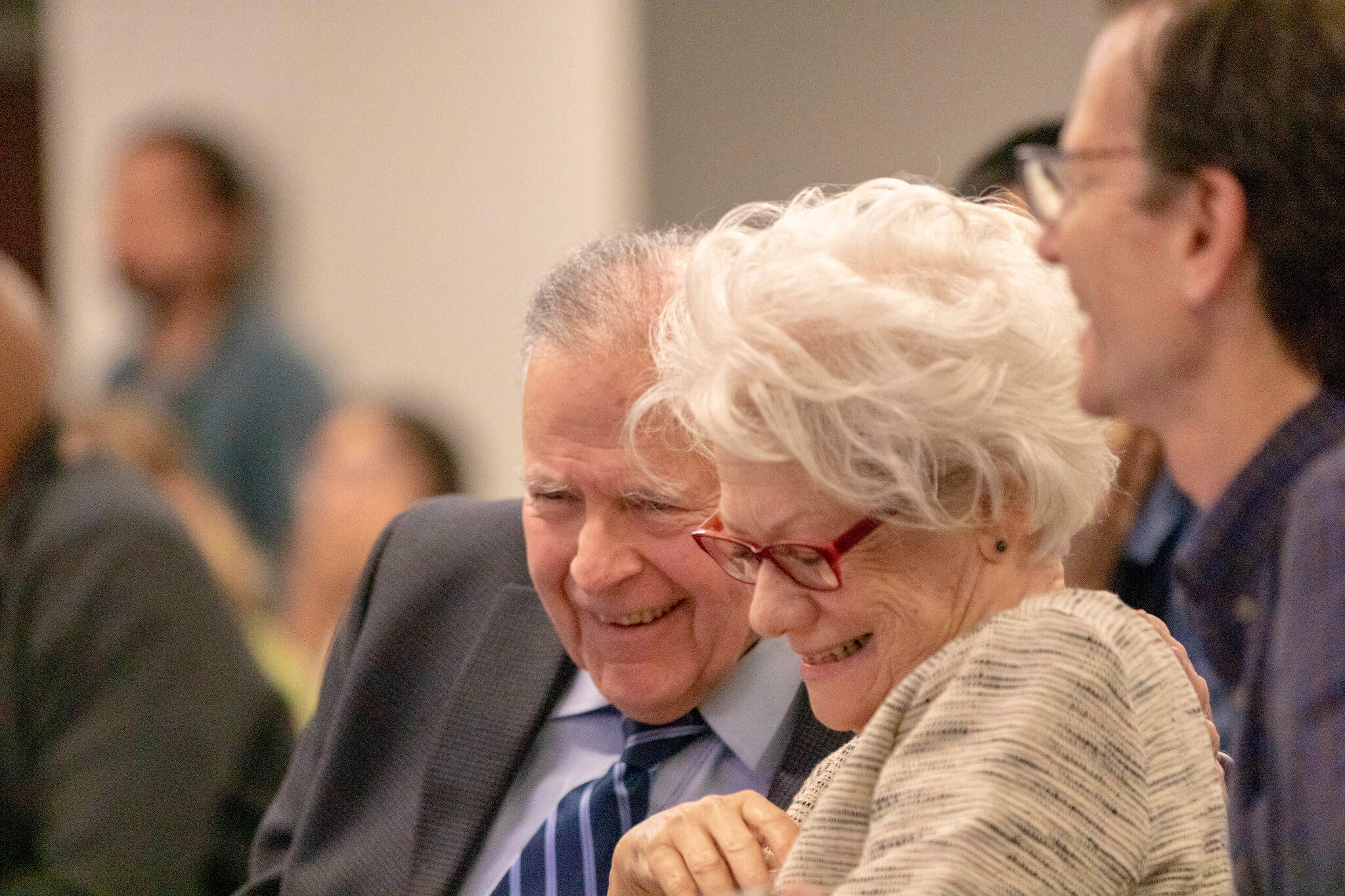
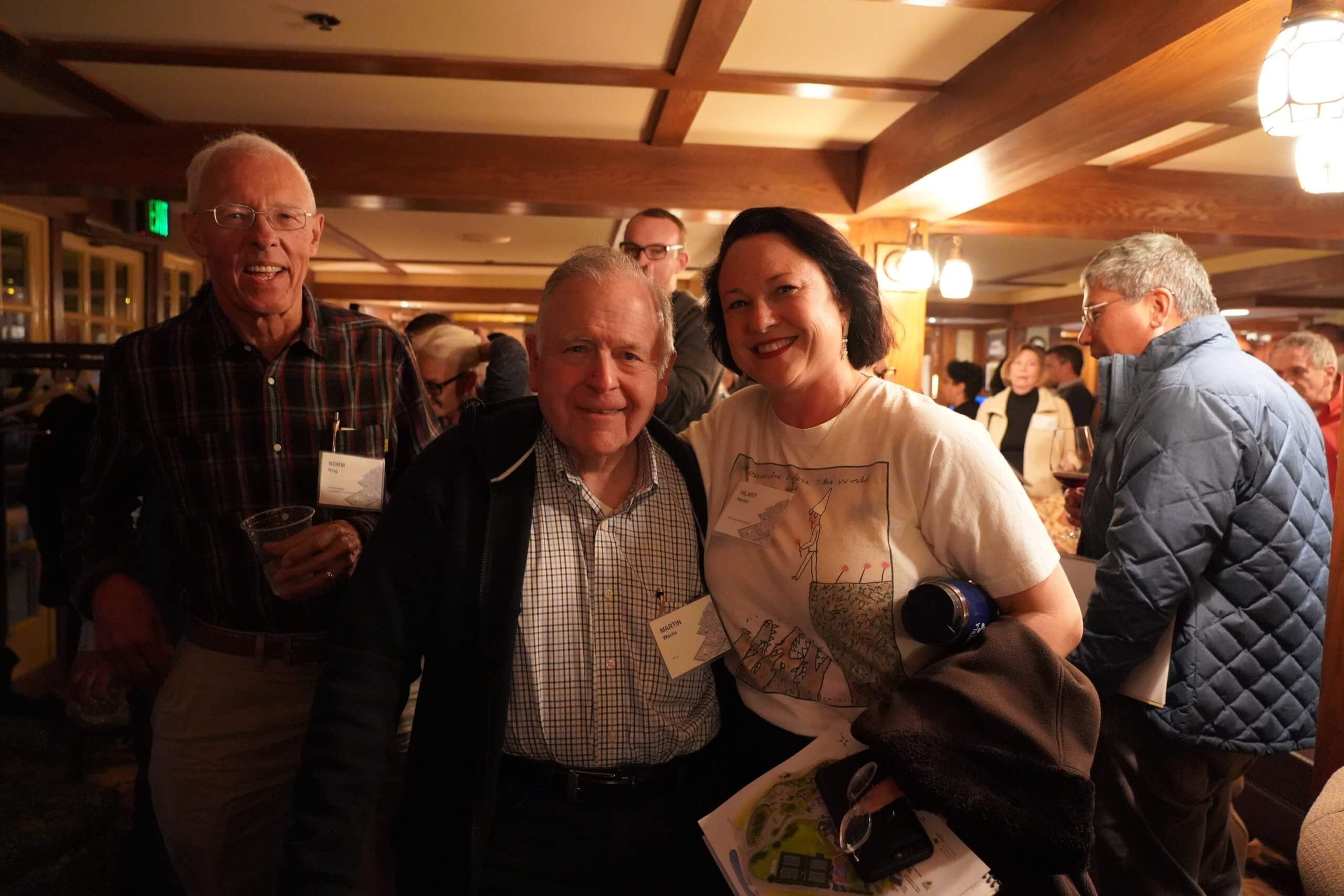
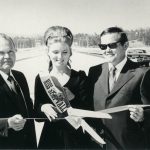



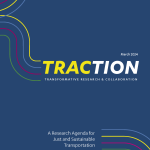
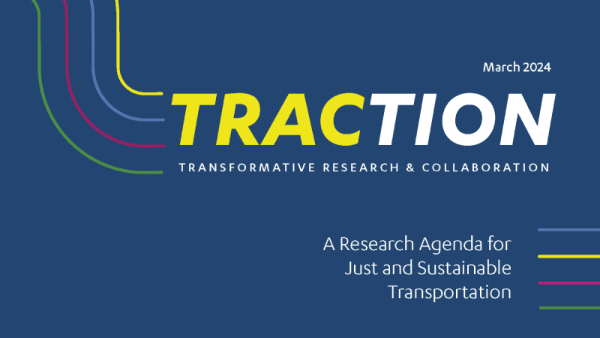
I was so fortunate to have known Marty as a mentor with whom I shared a love of transportation finance and all that funding could bring in the way of access and mobility to make the world a better place and to improve people’s lives. And while I wasn’t technically one of Marty’s students, I’m one of the very many for whom he was and always will be a teacher. What a wonderful world we would have if everyone modeled Marty’s humanity, ethics, kindness, caring, tremendous intellect, and love of learning. Thank you Helen and your family for sharing Marty will us. May his memory be a blessing to you always.
Marty was one of the small number of persons who taught me how to be a professor. I arrived at UC Irvine from far away in 1991. As an assistant professor, trying to figure out academia, you keep your eyes open and watch and learn from leaders and mentors. Marty was a constant in my career, and I learned so much from him. Two things stand out.
Every discussion I can remember with Marty he asked about my family. I recall a symposium in 1998, maybe weeks after my oldest son had been born. Marty asked about my wife, my son, the family. Family was central for him. In the fall of 1998 he invited me to give a seminar at Berkeley. My twins had just been born. Again, the first questions were about my family – my wife, my children. This continued with every discussion. I last communicated with Marty two months ago – a perfunctory email about a small bit of research. There, like always, were the check ins and the questions about family.
Marty was a kind human first, and a towering scholar. My first meeting the day after I learned of Marty’s death was a meeting with Ph.D. students on a research project. The research will examine how access to jobs influences transit ridership. This line of research is having a moment now, due to new data sources and to the good work of colleagues in transportation planning who have paved the way. Every piece of that body of research is grounded in the ideas that Marty developed in his classic 1973 paper with Kumagai. The last I read that paper (and I read it often) I was struck by how prescient Marty was to appreciate the importance of access as a social indicator a half century ago, and how his genius moved the field. We are all following in Marty’s footsteps. We are all his students.
To Helen and his children, I am so grateful that you shared Marty with the academy for all these years. His impact will be felt forever. His genius was in not only being a genius, but in being a good person. May his memory be for a blessing.
On this day, in honor of Marty, we are all Bruins, and we are all Dodger fans.
Remember how Marty would just sit there and listen until you exhausted yourself and got all your words tangled up, and then would beautifully say what you were trying to say — or a better version of it? Marty taught me to be rigorous AND kind, demanding AND patient, open while standing with integrity. He taught me to seek to add value first. Strong back; soft front. I use his lessons actively, daily. That’s the way I will remember him and honor his memory.
The Eco-Rapid Transit Board of Directors Adjourned last night (April 14, 2021) in honor and memory of Professor Marty Wachs, a transportation planning expert and mentor to all of Southern California.
Today, I feel a sense of disbelief that he is no longer with us. I am almost as old as Marty was when I first met him, but I still regarded him as the “go to” person for an advice when I needed. He was a towering figure in the field of transportation and also a mentor. Marty (I must confess that I always addressed him as “Professor Wachs”, being true to my Japanese upbringing and also my respect for him as an academic and more importantly as a person) came to Berkeley during the second year of my doctoral study in the Transportation Engineering program. I felt so fortunate that the person I so admired for his scholarship came to my department, and immediately asked him to be my dissertation advisor, which he accepted. I feel so grateful that I had an opportunity to have him as the advisor and a mentor after graduation. As others have noted, his works have had a tremendous impacts in the field of transportation policy. He was not afraid to write “how he sees it” and had a unique ability to connect with academics and non-academics alike. His writings and teachings have deeply impacted, like tens of thousands of others, my own understanding and perspective. Despite his stature in the field, he always treated everyone with utmost respect. It has truly been an honor to have known him. We will miss you.
I took several classes with Marty from 2011 to 2013. For a finance course, I selected a longer paper option and went to his office hours with about six paper ideas, one of which was about civil rights in transportation. I remember him kindly but decisively cutting through the noise and saying, this is the one that interests you most; write about this one. Throughout that course, he expertly guided my research. During one check-in as we were wrapping up, he asked if I was happy at UCLA and getting everything I needed. Following that discussion, he helped me get teaching assistant positions, encouraged me to pursue research, and nominated me for opportunities and scholarships. He patiently guided and edited my boring capstone, showed me that it is possible to drop your keys in the gap between the elevator floor and door at Luskin (oh no), and wrote so many recommendation letters, sometimes on very short notice.
I am so grateful that I knew him and very sad to hear this news. I’ll never forget his guidance, generosity, and support; he is an incomparable inspiration. My deepest condolences to his family.
What a joy it was to know and learn from Marty. He led the first study I worked on at UCLA, when I was new to planning and completely overwhelmed. The first or second week on campus he asked to meet, aside from our scheduled project meetings, and I was so worried I had done something wrong. Instead, he asked about my interests, my family, and what I thought of our work so far. It was the first time that a teacher or employer saw me first as a person, rather than a student or researcher – but that was Marty: he cared about people above all, in his studies and in his life. Marty treated everyone as a peer, and made us all better, more confident, and even more invested in the work for that.
Our paths crossed again in my final year, when Marty and Helen’s generosity through the Professors Emeriti fund helped me complete my studies. It breaks my heart that we were not able to meet again in person, but it is testament to how welcoming and full of joy Marty was that he was a great host even over Zoom, telling stories about his wonderful kids and the Dodgers (of course) and encouraging my research from a distance with thoughtful and piercing commentary. It fills my heart to read about how many people shared similar experiences. He will be so missed, and I hope we can each carry forward some of his care, for each other and for all the work he has so wonderfully laid out for us; and some of his light.
I didn’t know Marty as a professor but as a friend’s father. I grew up with Faye and Marty was always kind, friendly, and patient. He seemed to always have a smile on his face and deeply loved his family. I’m so sorry for your loss. Condolences to Helen, Faye and Steve and the entire family. May his memory be a blessing.
Marty was a colleague at Berkeley for a while. His office was on Floor 1 of McLaughlin and mine on Floor 2. We’d see each other and, at the least, nod in friendship. He offered to provide leadership to my academic group at a critical time even though it was a bit different than his own. That speaks to his commitment to academia and in particular, our students.
Please accept my condolences and know that I will keep him in my thoughts.
Marty was a friend, educator, advisor, critical thinker, innovator, and, above all, a wonderful person. I had the pleasure of hiring many of his students during my time at SCAG and Commuter Computer. His imprint on them was, in my words, one’s performance in life and work depends on understanding facts and processes at a deep level while simultaneously engaging in a caring and honest manner. Many of us had college professors who were gateways to a grade. Marty was a gateway to knowledge, understanding, and vision. He is the professor I wish I had taken classes from.